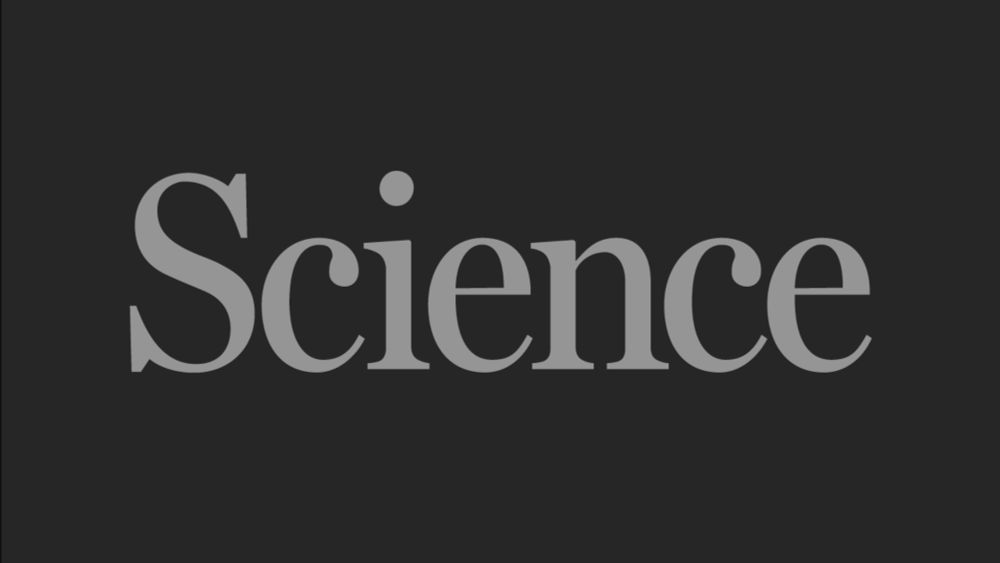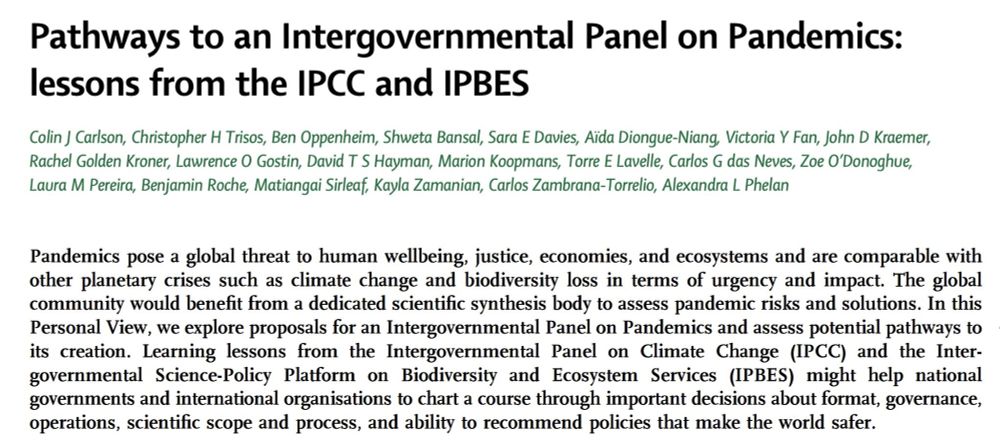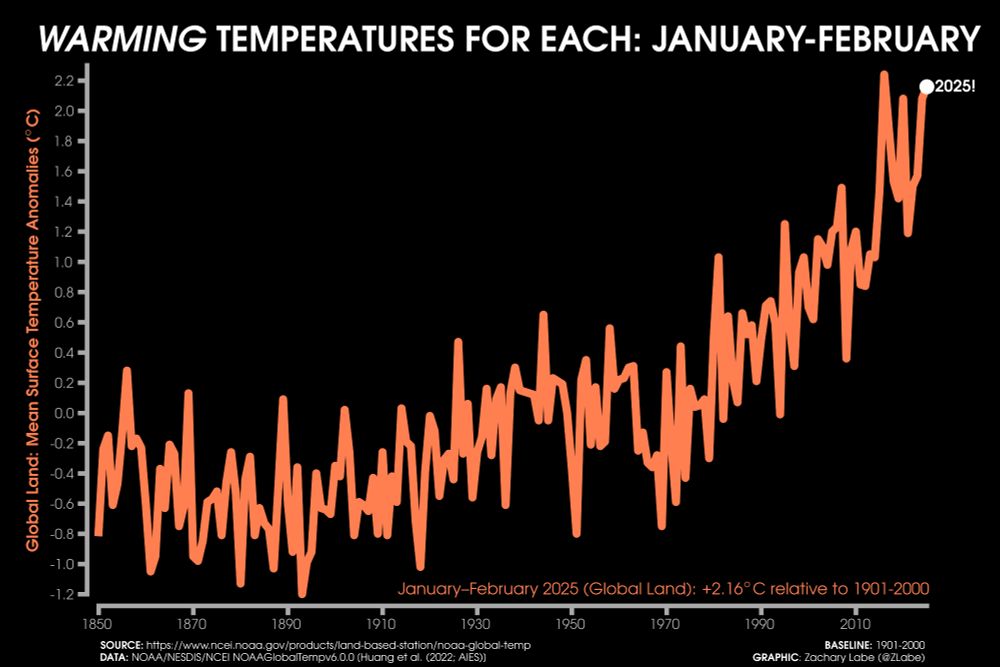Rachel Neugarten
@rachelneugarten.bsky.social
2.3K followers
1.6K following
84 posts
Executive Director, Conservation Planning at WCS. Informing conservation practice through scientific research. Mapping ecosystem services. Evaluating impacts of conservation on biodiversity and people. Rambling through the woods. Posts are my own.
Posts
Media
Videos
Starter Packs
Pinned
Reposted by Rachel Neugarten
Reposted by Rachel Neugarten
Reposted by Rachel Neugarten
Wildlife Conservation Society
@wcs.org
· Jul 17

Science philanthropy faces a new reality
As the ground under American science shifts in troubling and unpredictable ways, questions have arisen as to how philanthropies should respond. Having recently led a private foundation that supports s...
www.science.org
Reposted by Rachel Neugarten
Reposted by Rachel Neugarten
The Onion
@theonion.com
· Jun 14

Protesters Urged Not To Give Trump Administration Pretext For What It Already Doing
LOS ANGELES—Responding to escalating clashes between civilian activists and militarized immigration authorities, Los Angeles Mayor Karen Bass publicly urged protesters Monday not to give the Trump administration any pretext for what they’re already doing and will keep doing no matter what. “Angelenos—don’t engage in violence and give the administration an excuse to inflict all the […]
theonion.com
Reposted by Rachel Neugarten
Reposted by Rachel Neugarten
Reposted by Rachel Neugarten
Reposted by Rachel Neugarten
Reposted by Rachel Neugarten
Reposted by Rachel Neugarten
Reposted by Rachel Neugarten
Reposted by Rachel Neugarten
Reposted by Rachel Neugarten
Reposted by Rachel Neugarten




















